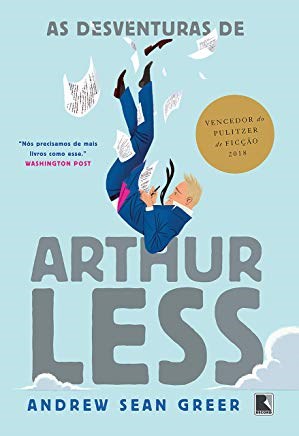

Night time reading is to enter a dreamland before the dreamland-or else to fill the sleepless hours. Greer says, “My nightstand pile is always somewhat aspirational-some major works that I pretend I’m going to conquer-but mostly it’s friends’ new works, books I’ve never heard of that a friend handed to me, and old favorites to reread.

And while he runs from himself, finds himself at the same time.” Less and his absurd adventures are a means for Greer to give us what we so often come to literature for, the deeper issues that plague so many-love, loneliness, grief, ego. As Marlon James says of the book, “Only Arthur Less could be both frustratingly stuck, yet on the move. Despite the countless shenanigans Less creates and endures, Greer manages to have him remain a lovable nincompoop to the reader. Now we have the sequel, Less Is Lost, in which Greer casts his roving protagonist across the United States with a science writer and his pet pug as travel companions. Less travels the world under the guise of different literary events and residencies and classes, only to have things, ultimately, fall into place for him.

In Less, we follow the titular Arthur Less as he flees his problems (an ex’s wedding, a floundering writing career), which are compounded by a looming fiftieth birthday. The irony here is Greer won the Pulitzer for Less in 2018. The unplanned irony of Less, Andrew Sean Greer’s satirical novel, is that the protagonist feels he’s in the shadow of his former lover, a Pulitzer-prize winning poet.


 0 kommentar(er)
0 kommentar(er)
